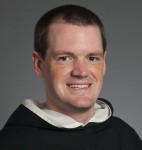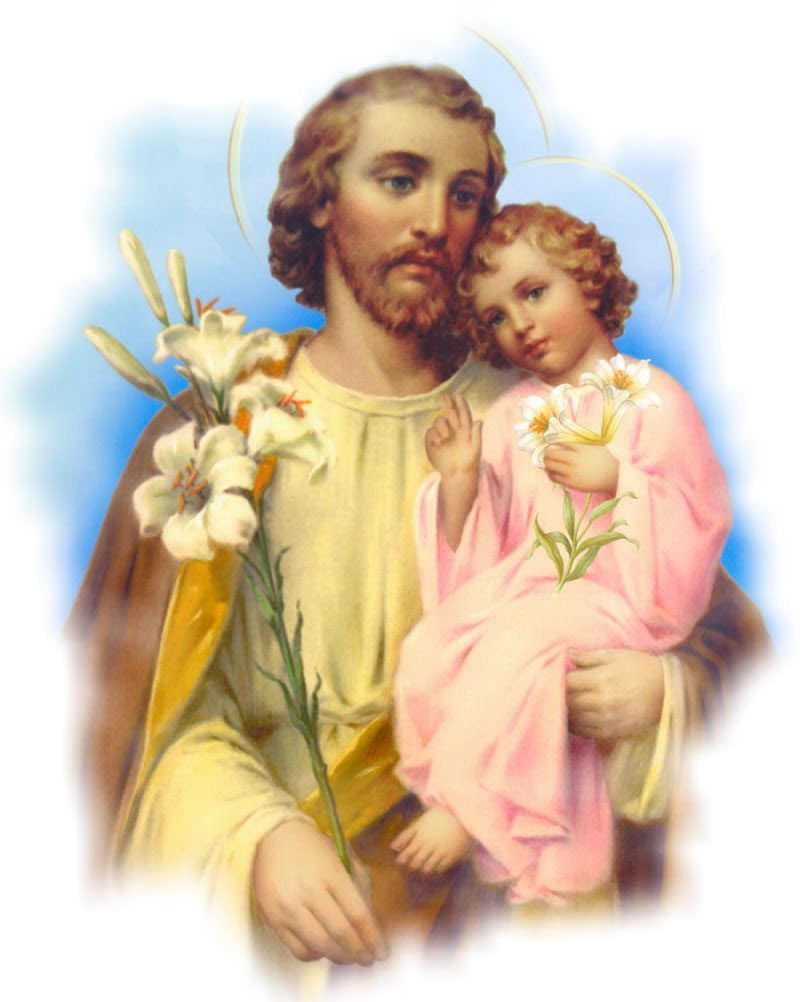I, personally, feel very privileged. I got to brush the teeth of both my parents prior to their passing. I was present for my mother’s passing, but not my father’s. They were in Florida. By that time, I had had to return to Illinois. I kissed my father on the forehead, the last time I saw him. An infection of his prevented the lips, and besides, fathers and their sons never kiss on the lips? Right, men? So, the forehead as he lay in his deathbed at the nursing home, seemed most appropriate. Most. Still does. Still does. His final words to me were, predictably, “Take care of yourself.” This was not a glib adieu. When he said these words, then, I knew, they always had profound meaning. I have learned even more since.
I encountered hospice eight weeks later when my mother passed. Everything hospice told would happen did. A peaceful passing requires resolution. All her children gathered. Though she could no longer respond, we said prayers around her bed. We each told her in our turn all was well, and so would we be, and that it was ok, it’s ok to go. And, she did. Peacefully. Praise Him.

-by Br Thomas Davenport, OP (Br Thomas received his PhD in Physics from Stanford prior to joining the Order.)
“I had never heard the phrase until I spent some time visiting a hospice center, and it always struck me as incongruous. While everyone in their care was dying from one thing or another, they referred to patients who had shifted from slow and steady decline to the stage where the body starts to shut down as “actively dying.”
Unlike a normal hospital, the hospice rooms had no monitors steadily tolling the patient’s heartbeat or screaming for attention when vital signs change, so the evidence of this new phase varied – perhaps a particular weakening of the breath, a lack of blood flow to extremities, or an inability to keep the patient conscious. This stage could still last for days, and the more I witnessed such a decline the more this “active” part of dying seemed oddly named.
In a certain sense, all death is passive. It comes about when the human body can no longer fulfill its life-sustaining functions because of disease, trauma, or simple weakness. Unlike the acts of speaking or running or jumping, the hospice patient’s “active” dying is something that happens to him, not something he does.
We cannot simply will our body to stop functioning in the way we can will to raise our right hand. The truly human acts related to dying are always indirect. For good or for ill, they are only preparatory for a moment that we never fully control.
This thought struck me profoundly on my last visit to Fr. William Augustine Wallace, O.P. I had visited Fr. Wallace many times over the last four years, but by the time I first met him his Alzheimer’s had limited us to nothing more than a superficial conversation. There was a certain passivity on his part in all of our interactions, usually involving me saying something to get some response from him. Just walking into his room always drew a smile, and I would bring up his time in the Navy, his time as a priest, his teaching, or his work in natural philosophy, hoping to get a look of recognition and a few words, which usually trailed off incomplete. Early on I could ask for his blessing and he would gladly, if haltingly, oblige, but eventually I had to settle for leading him in the Our Father or a part of the Rosary.
A little over a week ago we got the news that he was declining – in hospice terms, actively dying. After compline, about ten of us brothers visited his room as he lay on the bed, eyes closed, breathing slowly, and clutching the rosary that one of the sisters had placed in his hands. He had already received the Anointing of the Sick, so a priest prayed aloud the Commendation for the Dying. He spoke loudly so that Fr. Wallace might still hear him, but I noticed no signs of recognition.
After singing the Salve Regina, we decided to pray a decade of the rosary. None of us who were there could claim to have been his friend, or even to have known him much at all, but I remember thinking that I would like to stay with him overnight, hoping that at least one of his brethren could be with him in case he did not make it until morning. By the end of the decade the slow breathing had stopped. Fr. Wallace had died surrounded by ten of his Dominican brethren praying the Rosary.
Given the passive and reactive nature of our interactions over the years it is hard to imagine that he was actively holding off the physical shutdown of his body for some particular moment like this. It was truly a beautiful moment of Divine Providence. A moment hours, days, even years in the making, most of it out of his or anyone’s control. Still, Fr. Wallace’s decline over the years was simply a longer, drawn out version of what leads up to any death. We can never really be sure when death will come or whether we will truly have the time or the power to prepare ourselves when it becomes unavoidable.
The Church has always encouraged the faithful to reflect on, to pray about, and to prepare for our own death. This is not a morbid and depressing suggestion but a humble recognition that we will all face death and that the way we face it has serious consequences. Further, the Church encourages us not to take on this task alone but to draw on the support of our fellow Christians and, most especially, the saints. They have gone before us through death to eternal life, and we can trust that they will act on our behalf even when we cannot.
The last thing I remember Fr. Wallace doing before he was actively dying was faltering along as we prayed a decade of the Rosary, the same prayer we were praying the moment that he died, insistently calling upon the help of our Blessed Mother: Pray for us sinners, now and at the hour of our death.”
THE REASONS ST. JOSEPH IS THE PATRON OF THE DYING
There are three reasons why St. Joseph is the special patron of the dying:
1) He is the foster father of the Eternal Judge, Who can refuse him no request.
2) He is terrible to the demons; the Church calls him the Terror of demons and Conqueror of Hell.
3) His own death was most beautiful, for he died in the arms of Jesus and Mary; this is the principal reason why he is the patron of a happy death; the death of no other Saint was so happy, so glorious.
St. Francis de Sales was of the opinion that St. Joseph died of the love of God; St. Alphonsus Liguori considered this most reasonable.
PRAYERS FOR A HAPPY DEATH
O Glorious St. Joseph, behold I choose thee today for my special patron in life and at the hour of my death. Preserve and increase in me the spirit of prayer and fervor in the service of God. Remove far from me every kind of sin; obtain for me that my death may not come upon me unawares, but that I may have time to confess my sins sacramentally and to bewail them with a most perfect understanding and a most sincere and perfect contrition, in order that I may breathe forth my soul into the hands of Jesus and Mary. Amen
O Saint Joseph, whose protection is so great, so strong, so prompt before the throne of God, I place in you all my interests and desires.
O Saint Joseph, assist me by your powerful intercession and obtain for me all spiritual blessings through your foster Son, Jesus Christ Our Lord, so that, having engaged here below your heavenly power, I may offer you my thanksgiving and homage.
O Saint Joseph, I never weary contemplating you and Jesus asleep in your arms. I dare not approach while He reposes near your heart. Press Him in my name and kiss His head for me, and ask Him to return the kiss when I draw my dying breath.
St. Joseph, patron of departing souls, pray for me. Amen.
Love,
Matthew

